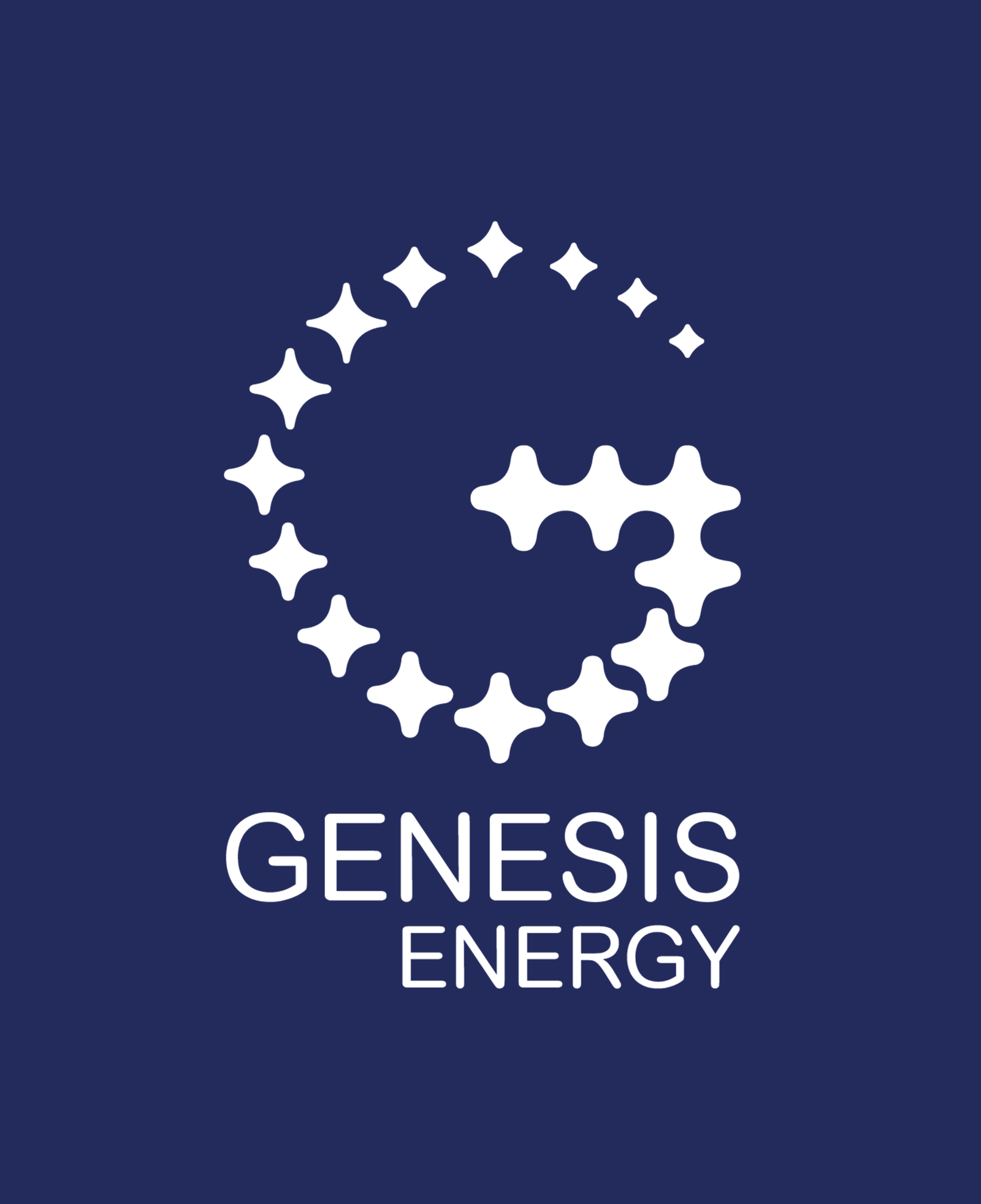How Genesis Energy’s sustaining growth, improving people’s/communities’ lives, preserving the environment by Felix Achibiri, Group Director, Genesis Energy (GENESIS). Courtesy of The Guardian.
In this exclusive interview with The Guardian, granted by Mr. Felix Achibiri in response to his recognition as one of “Nigeria’s Most Impactful and Award-Winning CEOs in 2021”, he speaks on developing renewable energy solutions, Genesis Energy Group’s success factors, sustainable growth in Nigeria’s energy sector, as well as investments, innovative solutions, absolute safety, quality, and integrity within the sector, among other issues. Excerpts…
How can you explain the nexus between green energy and human capital development in relation to sustainable growth in Nigeria and across the African continent?
At Genesis Energy Group, we hold the view that sustainable growth should be in conjunction with the improvement in the lives of people in their communities, as well as the preservation of the environment. This notion actually speaks to what we are witnessing in the sector. Stakeholders in the energy sector globally are increasingly becoming intentional in matching the impact of energy infrastructure developments with real social impacts in the surrounding communities they serve.
Take investors, for example, socially responsible investments are the new norm and this is with good reason, because in this way green energy developments are integrating the human element to their scope of work, which subsequently lead to sustainable growth for communities in Africa and other parts of the world especially in developing markets.
The impact of these socially responsible investments – also known as Environmental, Social, and Governance (ESG) approach strategies – can be realised in numerous ways including the following:
- Women empowerment through various renewable energy entrepreneurship solar appliances and solar businesses ownerships.
- Increased education access in the rural population where solar systems can make it possible for access to online learnings, longer hours of studies etc.
- Cleaner energy supply reduces negative health effects from the noxious fumes generated from burning wood, kerosene, petrol or diesel for lighting and other uses.
- Short term jobs for a large proportion of the community and long-term jobs for a smaller percentage of the community; community members would increase the knowledge and skills as a result.
Perhaps, many might recall that over the last decade, government in a number of African countries have made remarkable strides in creating pathways that open the energy market to the private sector. For years, the continent was primarily dominated by the public sector utility.
Since then, African government have decided to consciously make the decision to find a way to attract private investment into this sector by focusing more on policy thrusts, energy sector regulations and attractive fiscal initiatives and allowing private business to drive commercial enterprises. These initiatives are commendable because when GENESIS entered the energy market, almost two decades ago, there were no laws in place to protect investment into the power segment of the energy sector. Then, the energy regulators that will ensure a very transparent well-organized sector were not yet constituted and neither was the depth of the local financial sectors of most African countries robust enough to sustain the much-needed long term project finance debt (and at low interest rates).
In that respect, possibly, Nigeria is one of the first countries to move way ahead of the pack when the country enacted the law in 2005, called the Electricity Power Sector Reform Act (EPSRA), and thereafter constituted the Nigerian Electricity Regulatory Commissioning (NERC) in 2006.
Can you tell us more about the challenges of developing renewable energy solutions and what are the peculiarities and the experience in Nigeria?
One of the 17 sustainable development goals (SDGs), the SDG-7, is to provide inexpensive and clean energy to all, which is a priority in most African countries, including Nigeria.
Given the importance of the SDG-7 to socioeconomic growth, it is linked to other goals. Due to rapid population expansion, a surge in small-scale companies, and local technological discoveries, the need for energy in African countries has increased throughout time. Nigeria, the world’s most populous black nation with a population of over 200 million people, has a significant demand for this product.
Unfortunately, this demand is rarely realized because Nigeria’s access to affordable and clean energy is limited due to several factors, inclusive of the following;
- The National Grid Factor: At the national level, most African countries continue to grapple with the problem of creating strong and reliable base-load transmission networks, alongside ageing electricity distribution networks. The intermittency of electricity supply from Solar PV without stable baseload transmission networks (base-load of which are mostly fed with clean thermal power of gas-fired power plants and or large hydropower plants), makes Solar PV integration into these grids unreliable. Nigeria for instance developed large tracts of renewable hydropower supply to its national grid, and recently executed power purchase agreements (PPAs) in excess of 1GW to be fed to its national grid.
- Encouragement of efficient design of utility-scale grid-connected VREs technology: The fundamental issue with VRE deployment is intermittency; both wind and solar output could be unstable without the electricity storage systems in form of batteries (costs of which are considerably expensive today compared to clean thermal solution of natural gas), and the magnitude of fluctuations has an impact on the quality and reliability of the electricity delivered. The VREs technology is mostly supported at a minimal scale of roughly 1MW installed capacity due to energy storage technological limitations.
- Lack of Efficient Energy resource management and energy supply conservation: Energy resource management entails maximising the utilisation of available energy resources. Most of the time, these possible energy bearers are ignored and allowed to squander, resulting in environmental problems. The gas-to-grid model is a credible model for energy resource management. Industrialised countries’ success stories can be used as a model for accomplishing sustainable environmental and energy goals.
Different areas of energy resource management should be considered, such as the deployment of effective waste-to-energy models for the disposal of agricultural and some non-toxic/organic biological wastes from home and industrial wastes.
As a leading and strategic organization in the nation’s Energy sector, how can you describe the level of professionalism and astuteness involved in handling Genesis Energy Group’s business operations in connection with re-positioning Nigeria to the path of wealth creation and economic growth?
GENESIS is building the energy company of the future today by being very deliberate, methodical and rule-based in all we do across the Group, and in all countries of our investments. The bedrock of and largest capital of any organisation is its workforce, hence we continue to hire, train, motivate and retain individuals to highest of professional ethos and who are passionate about our Vision of “Lighting up Africa One Community at a Time”.
Despite enormous challenges and difficulties, we continue to invest heavily in Nigeria by deploying highly innovative yet simple investment initiatives of fully-financed, competitively priced and very dependable electricity supplies investments to off-grid & captive customers, private & industrial mini-grids, and regionally-fed customers. The multiplier effects of our combined energy investments in Nigeria is quite positively significant, as our reduced costs of electricity supplies implies that businesses saves a lot of money, which could be re-invested back to grow their revenues, hence more employments, taxes to the governments, and profits for their shareholders.

